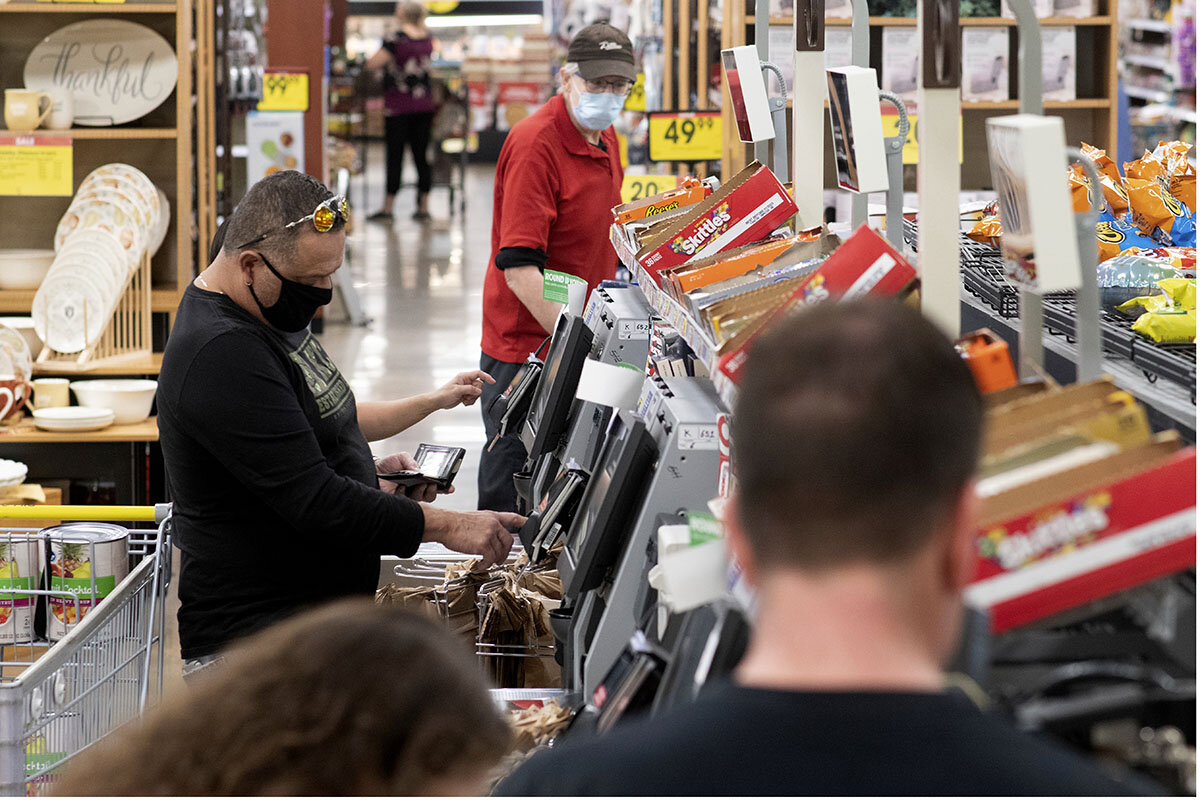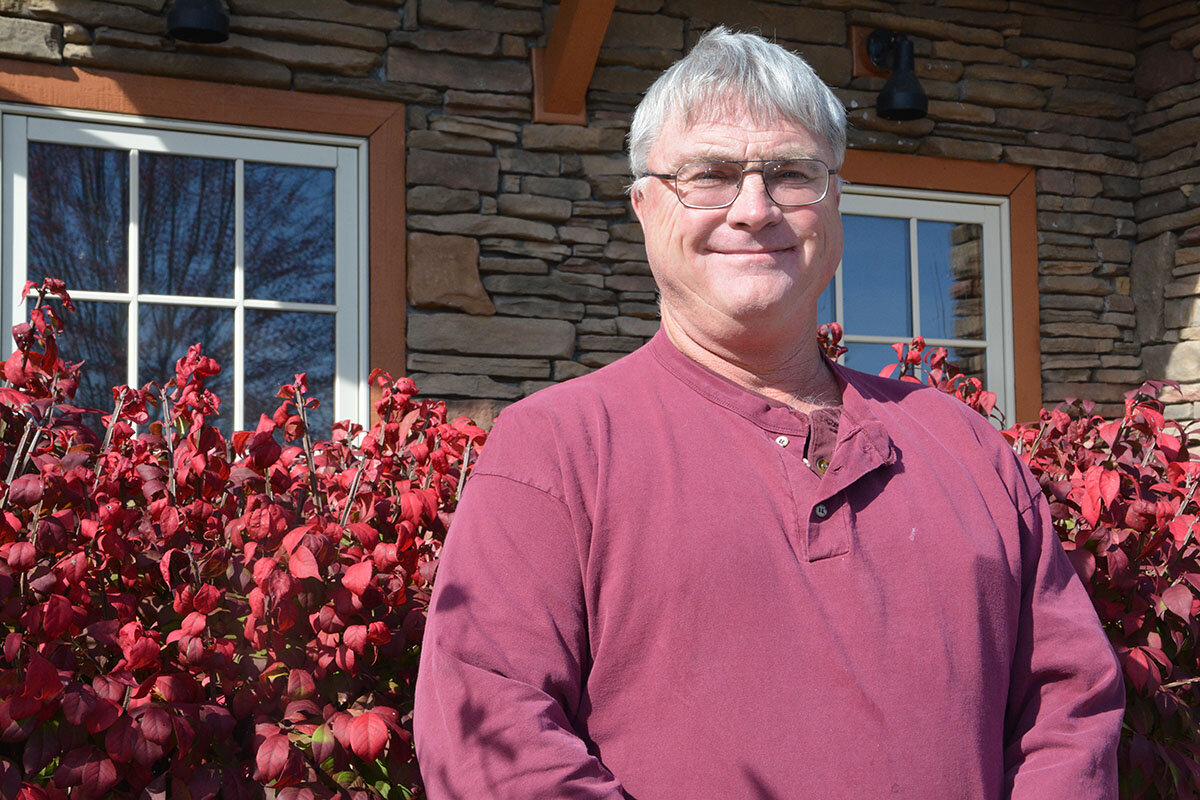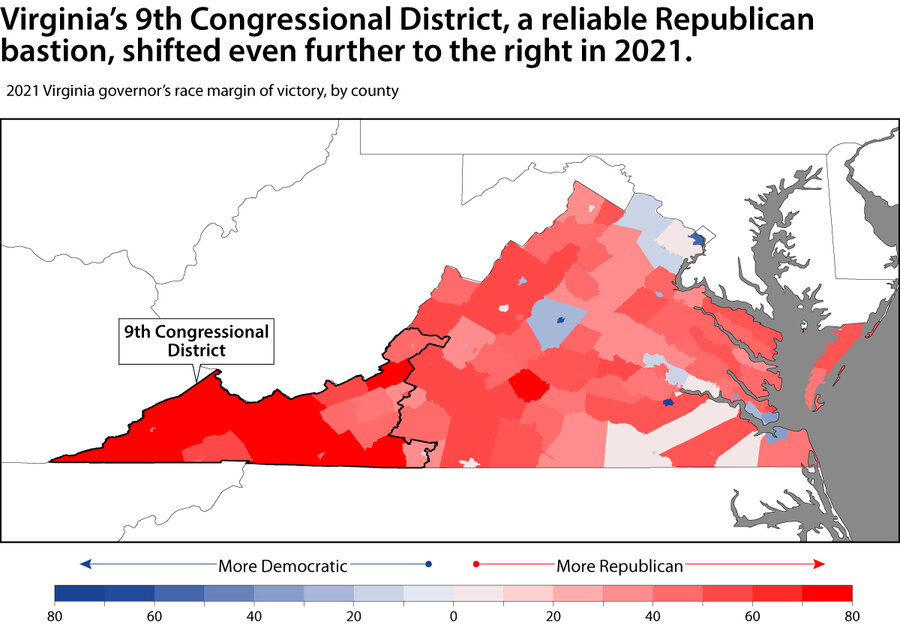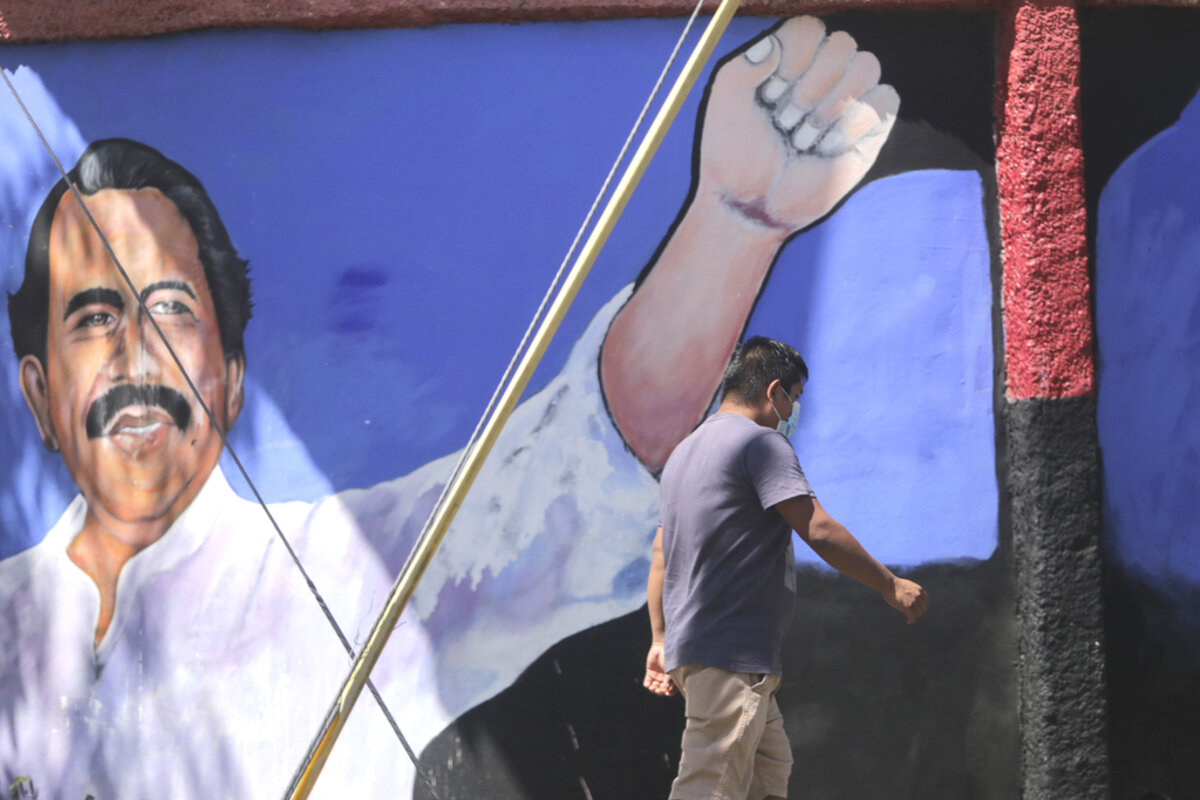Inflation is rising now, but what happens next is influenced by us, say economists – by our expectations about the future of prices and how we respond.
Monitor Daily Podcast
- Follow us:
- Apple Podcasts
- Spotify
- RSS Feed
- Download
 David Clark Scott
David Clark Scott
We brake for lemonade stands. It’s a family rule.
When they were young, our daughters once sold cookies on a Boston sidewalk to pay for new bicycles. We hoped that it taught them the value of setting goals, taking initiative, and working for your dream.
That’s why we stop: We see our daughters in those pint-sized lemonade sellers. And, it’s our way of paying it forward.
But in some 34 states, child entrepreneurs are required to get a permit that typically costs more than any profits they might make. Well-intended child labor laws and sanitation rules are often the justification.
But on Monday, New Jersey joined a growing number of states taking a stand for junior free enterprise. A new law, signed by Democratic Gov. Phil Murphy, says municipalities cannot require a child under age 18 to get a license to run a temporary business.
The law stops “children [from] being harassed by local officials for running lemonade stands without permits,” said Republican state Sen. Michael Doherty in a statement. “Instead of providing space for kids to learn about entrepreneurship, they’re being taught harsh lessons about the heavy hand of government by overzealous bureaucrats.”
The new law, which passed unanimously, is an addendum to a 2016 law that allows kids to mow lawns and shovel snow for money. Yes, that was illegal too.
Sure, there are bigger injustices in the world today. But this sip of bipartisan progress reminds me that there are few moments as satisfying as a cup of roadside lemonade delivered with a child’s delighted smile.











